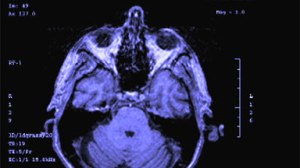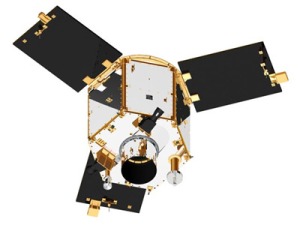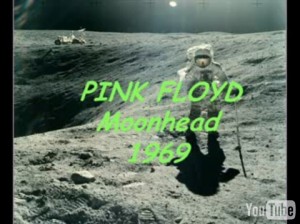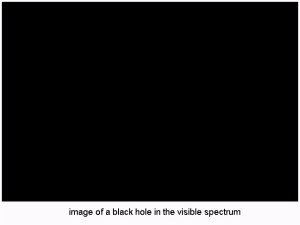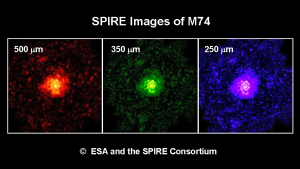
Do you know a scientist? Do you know anyone who does? Don’t feel bad if you don’t, ‘cuz apparently it’s not uncommon.
Peter N. Spotts, of the Christian Science Monitor, says
That acquaintance gap symbolizes a broader cultural gap between many scientists and the rest of the public.
On the one hand, the public generally has a very favorable view of scientists, despite the political tugging and hauling over global warming or teaching evolution as the last theory left standing to explain the emergence and development of life on Earth.
Some 67 percent of respondents said that while science conflicts with their religious beliefs, scientists make significant contributions to society’s well-being. Slightly fewer (63 percent) of those who take a literal, biblical view of creation also acknowledge science’s general contribution to society.
Science ‘popularizer’ Neal deGrasse Tyson has said that he worries less about the public being unable to name a scientist, than he does about a general lack of good scientific understanding. (or something along those lines. I can’t find the clip).
Some have blamed Hollywood for maligning the public perception of scientists. Who was the last “cool” scientist that you can remember in popular fiction? Dr. Peter Venckman, Dr. Ian Malcolm, or Beaker? I think filmmakers and screenwriters probably have a difficult time in creating meaningful “science guy” or “science gal” roles, so they opt for the easy approach: ‘Make them nerds’.
Scientists and the public often don’t see eye to eye
BTW, the image of the cranky scientist guy is Fritz Zwicky. His acidic demeanor and often unsociable characteristics were probably not helpful in the Science public relations department. A notable astronomer, but not likely a good spokesperson for science.
